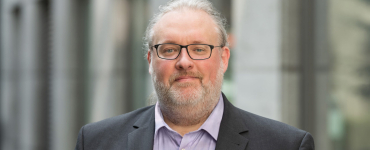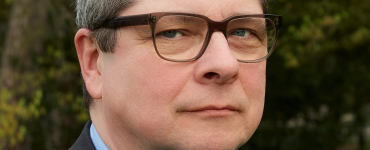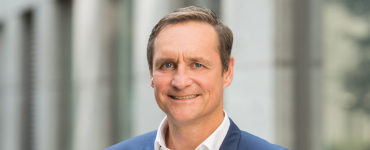The EU Parliament’s legal affairs committee (JURI) has today voted on the planned copyright reform, and is following the Council of Ministers, which in May presented a joint proposal of the EU Member States as a basis for negotiation on the reform.
Oliver Süme, eco Chair of the Board has expressed the Internet industry’s great disappointment at the result of the vote: “Now platform operators will be obligated to suppress alleged copyright infringements even before publication. Upload filters are supposed to check content during upload and, if a copyright infringement is suspected, block it directly. In this way, the EU is interfering massively in the basic technical structure of the Internet and is instigating a fundamental change in the values of Internet regulation. This means a paradigm shift in the liability of providers – away from the principle ‘Notice And Action’ and towards a binding proactive control and censorship infrastructure.”
So far, the so-called provider privilege of the E-Commerce Directive has applied: However, this is not – as is often erroneously argued – a carte blanche, whereby operators only need to act against illegal content after they have been made aware of it. Rather, it prevents platforms from being turned into a form of private justice. The erosion of the provider privilege is in its consequences a direct attack on the freedom of opinion of all, the Association of the Internet Industry warns.
“This will result in a significant violation of constitutional principles, if in future companies rather than courts decide what we are allowed to see, hear, and read in the Internet. A European ancillary copyright will also impede the digitalization of the publication and news sector, hamper innovation, and become a competitive disadvantage for Europe for investment purposes. It will result in long-term legal uncertainty for all actors. With the reformed copyright, the technologically neutral structure of the Internet will be fundamentally changed for ever,” says Süme.
The official trilogue can now follow on from the JURI decision. One last hope is that at least 10 % of the European parliamentarians will challenge the trilogue mandate in the plenum of the European Parliament.




